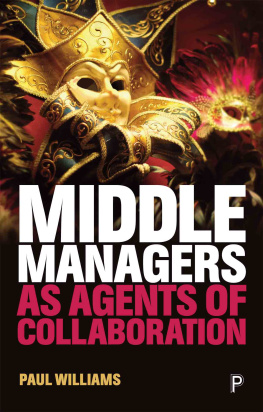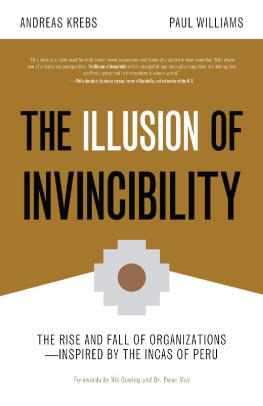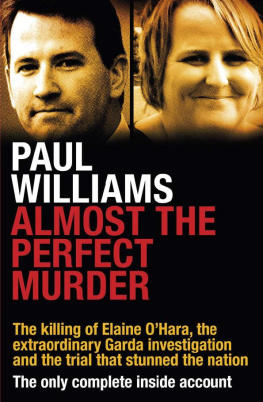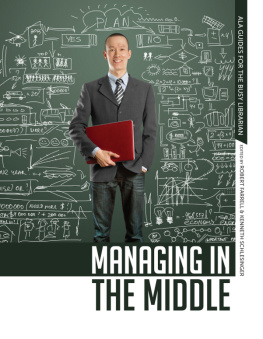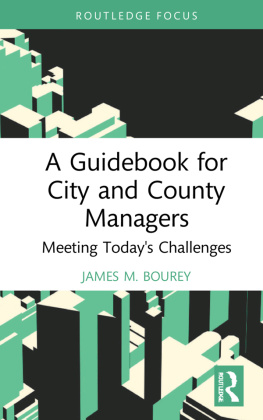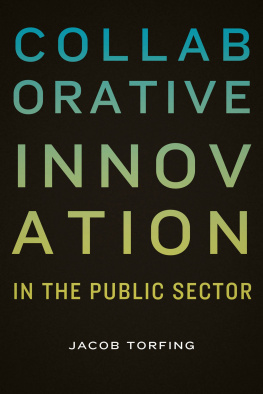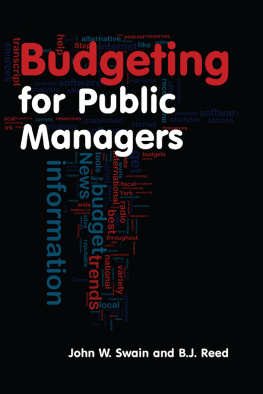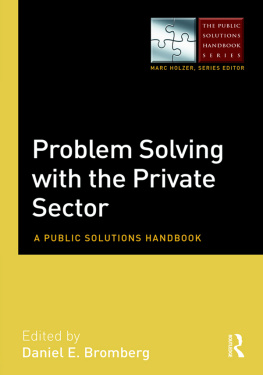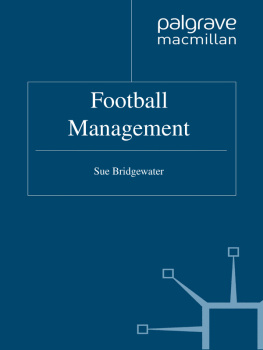First published in Great Britain in 2019 by
Policy Press University of Bristol 1-9 Old Park Hill Bristol BS2 8BB UK t: +44 (0)117 954 5940 www.policypress.co.uk | North America office: Policy Press c/o The University of Chicago Press 1427 East 60th Street Chicago, IL 60637, USA t: +1 773 702 7700 f: +1 773 702 9756 www.press.uchicago.edu |
Policy Press 2019
British Library Cataloguing in Publication Data
A catalogue record for this book is available from the British Library.
Library of Congress Cataloging-in-Publication Data
A catalog record for this book has been requested.
ISBN 978-1-4473-4300-4 paperback
ISBN 978-1-4473-4303-5 ePub
ISBN 978-1-4473-4304-2 Mobi
ISBN 978-1-4473-4302-8 ePdf
The right of Paul Williams to be identified as author of this work has been asserted by him in accordance with the Copyright, Designs and Patents Act 1988.
All rights reserved: no part of this publication may be reproduced, stored in a retrieval system, or transmitted in any form or by any means, electronic, mechanical, photocopying, recording, or otherwise without the prior permission of Policy Press.
The statements and opinions contained within this publication are solely those of the author and not of the University of Bristol or Policy Press. The University of Bristol and Policy Press disclaim responsibility for any injury to persons or property resulting from any material published in this publication.
Policy Press works to counter discrimination on grounds of gender, race, disability, age and sexuality.
Cover design by Robin Hawes
Cover image: iStock
Contents
Figures
Tables
Boxes
Dr Paul Williams worked as a public sector manager for over 20 years in Welsh local government, occupying posts in a variety of policy areas including town planning, community development, sustainable development and corporate planning. He then moved into academia where his career encompassed research, teaching and consultancy in public policy and management. He has undertaken a wide selection of research studies at local and national government levels in Wales on topics such as managing equality, sustainable development, community strategies, the role of elected members and working in collaboration. He has a track record of publications, reports and books in these areas and his particular research interests centre on collaboration, especially leadership, learning and knowledge management, integration in health and social care, and the role of individual agents boundary spanners in processes of collaboration. He is the author of Collaboration in Policy and Practice: The Role of Boundary Spanners and Honorary Associate Professor at the Crawford School of Public Policy at the Australian National University in Canberra.
I have been encouraged and sustained throughout my research and writing of this book by my family. My wife Jan has contributed many insights from her long career in public service management and leadership, and has constantly reinforced my contribution to knowledge and understanding in the field of collaboration. I have also been stimulated by the academic excellence of my daughter Sophie who has published a number of articles and her first academic book. My love and thanks to them both and to my son-in-law Darren.
The research for this book would not have been possible but for the time and patience extended to me by countless managers and practitioners in a number of public service agencies across Wales. I am extremely grateful to them all for their valuable reflections and insights into their management practices and collaborative behaviours. I have been fortunate to be associated with the work, knowledge and experiences of a number of inspiring academics, and I am indebted to them all, especially my longstanding friend and collaborator, Professor Helen Sullivan. Lastly, I am very appreciative of the helpful and constructive comments provided by an anonymous reviewer to the first draft of this book.
No single actor, public or private, has the knowledge and information required to solve complex, dynamic and diversified problems; no actor has an overview sufficient to make the needed instruments effective; no single actor has sufficient action potential to dominate unilaterally. (Kooiman, 2000: 142)
Contemporary societies are faced with a seemingly never-ending torrent of complex, stubborn and sometimes intractable problems and issues. These are diverse in nature, crossing time and space they can be local, national, global or inter-generational and their management and resolution challenges public agencies and governments to the utmost. Climate change, sustainable development, health inequalities, asylum seekers, terrorism and crime, poverty and exclusion, poor housing, unemployment and lack of educational attainment are but a few of these wicked issues but they all share a common thread they do not respect conventional boundaries of profession, organisation and governance. Rather, they are entangled in a complex web of problem definition, causes, solutions, priorities and resources. What is most important is that it has been the increasing recognition by policy makers and governments over a number of years that the management of these types of problems and issues cannot be resolved by single agencies and actors operating independently, instead, they demand collaboration forms of cooperative behaviour designed to secure the most effective, efficient and responsive outcomes for service users, citizens and communities.
The nature and trajectory of this collaborative imperative has been manifested in different ways in the UK and across the world, but there is little doubt that it will continue to shape the character of future public policy and management. Arguably, the enduring age of austerity has placed increased demands upon public authorities to work together towards jointly agreed goals and outcomes. A considerable body of research and experience has been accumulated on the practice of collaboration in public policy. What is particularly apparent from this work is how complex and challenging it is in design and delivery, and most salutary of all, the evidence of its success is far from overwhelming. Researchers and practitioners have invested significant time and resources into endeavouring to understand what makes an effective collaboration the determinants and factors that combine to deliver agreed upon outcomes. The evidence suggests that these are a complex interplay of both structure and agency, but with considerable debate as to their interaction and precedence. Agency concerns the role, behaviours and decision making of the many actors who perform on the collaborative stage leaders, managers, practitioners, policy makers, government officials, politicians, representatives from the private and third sectors all of whom in various ways assemble to deliberate, design and deliver collaborative policies and strategies. The profile and performance of a number of these particular types of actors have attracted significant attention by researchers and academics. Unsurprisingly, there is no shortage of material on leaders and leadership, there is some work on street level practitioners, but with some notable exceptions (Agranoff, 2003; Williams, 2002; and van der Wal, 2017) the spotlight remains comparatively weak on middle managers and this book aims to address that deficiency. It concerns the role and management of this cadre of manager the middle manager operating in spheres of collaboration. What role do they perform, what approach to management do they adopt, what skills do they deploy, how do they behave, what motivates them, and what are the tensions and ambiguities facing them?

